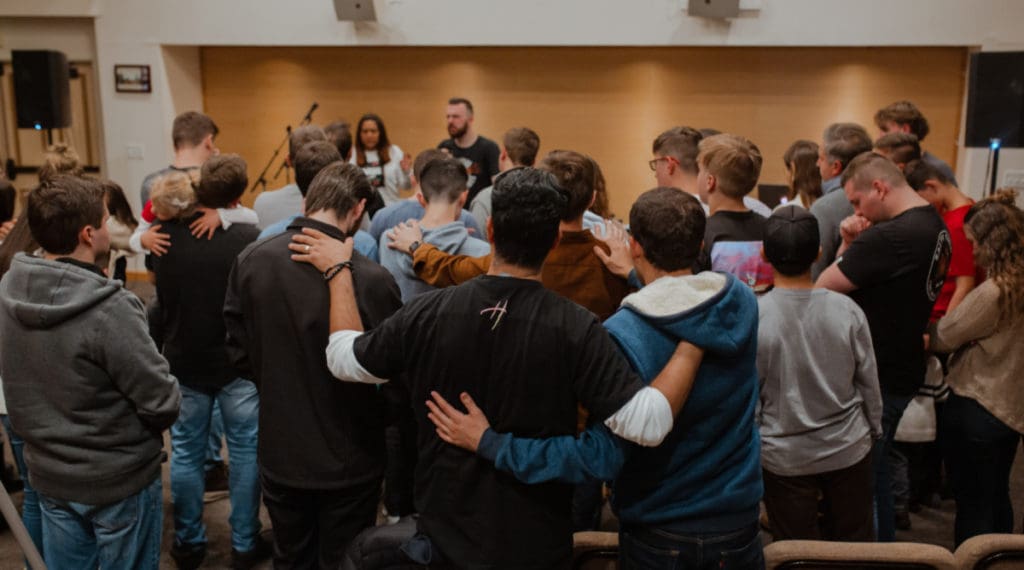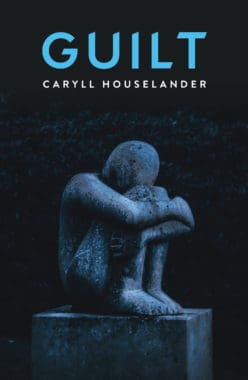To each man who lives in Christ all men belong, all love and wisdom and joy, all suffering and fear and atonement, all power and beauty, all living and dying, all childhood and manhood. Because Christ is whole in each member of His Body on earth now, each in a sense is the Mystical Body. He is, in a sense, all humanity. Each man owes his tears for his own sins to every other man, and each owes the joy of Christ to every other. The Christian in whom Christ lives has in himself all men, the child in him is capable of understanding all the dreams and fears and mystery of all childhood, the lover in him the love of all manhood.
The responsibility of all sin is upon the shoulders of each Christian man.
We cannot escape from Christ, the destiny of our being. We can open our minds, abandon our will to the mystery—or refuse to do so and live in conflict with Christ, and therefore in conflict with our own life, struggling, as the majority are doing today, to repress Christ in our souls, to dam up our life, and to doom the human race with the doom of a city divided against itself.
To accept, to abandon ourselves to our destiny as “other Christs,” is not only to allow all the grief and suffering of the world to flow through us, but also eternal love, love that has no beginning in time and does not end in time: love that has no limitation of place or act, that does not depend upon the accidents of our lives, though it can be expressed through them too.
The responsibility of all the love of all the ages of the world belongs to each one, through each one flows the whole torrent of life that is given from generation to generation by love: love, which through the miracle of the Incarnation is made tangible and audible in us, so that its music is heard in our voices—in the plighting of our troths, in our marriage vows, in our words of comfort and pity and joy, in our laughter, in the songs beside our cradles, in our choirs of adoration; love, which we transmit with our touch, with the work of our hands, with the labors and pains, the ecstasies and the embraces of our bodies, in the act of procreation, of giving birth, in nursing and serving, and in closing the eyes and bathing the limbs of our dead; love, which holds the timelessness of God in a moment of time, which—with the sacramentals of our flesh and blood, our hands, our voices, our hearts, our minds—forgives, redeems, heals, generates, adores.
To attempt to repress Christ in ourselves is to attempt to hold back the river of life, to stop the bloodstream of the Son of God that is the life-stream of all mankind.
The man in whom Christ is not repressed is a channel through which the life and love of all humanity flows back to God. And as the bloodstream in a man’s body is purified by the air he breathes, his supernatural life is purified by the breath of the Spirit that perpetually renews the life of Christ in man. It flows through the divine Mind and through the heart of mankind, continually purifying human nature of the poison that has infected it, perpetually renewing the life of the world.
+
This article on being other Christs is adapted from a chapter in Guilt by Caryll Houselander which is available from Sophia Institute Press.
Art for this post: Cover and featured image used with permission.





